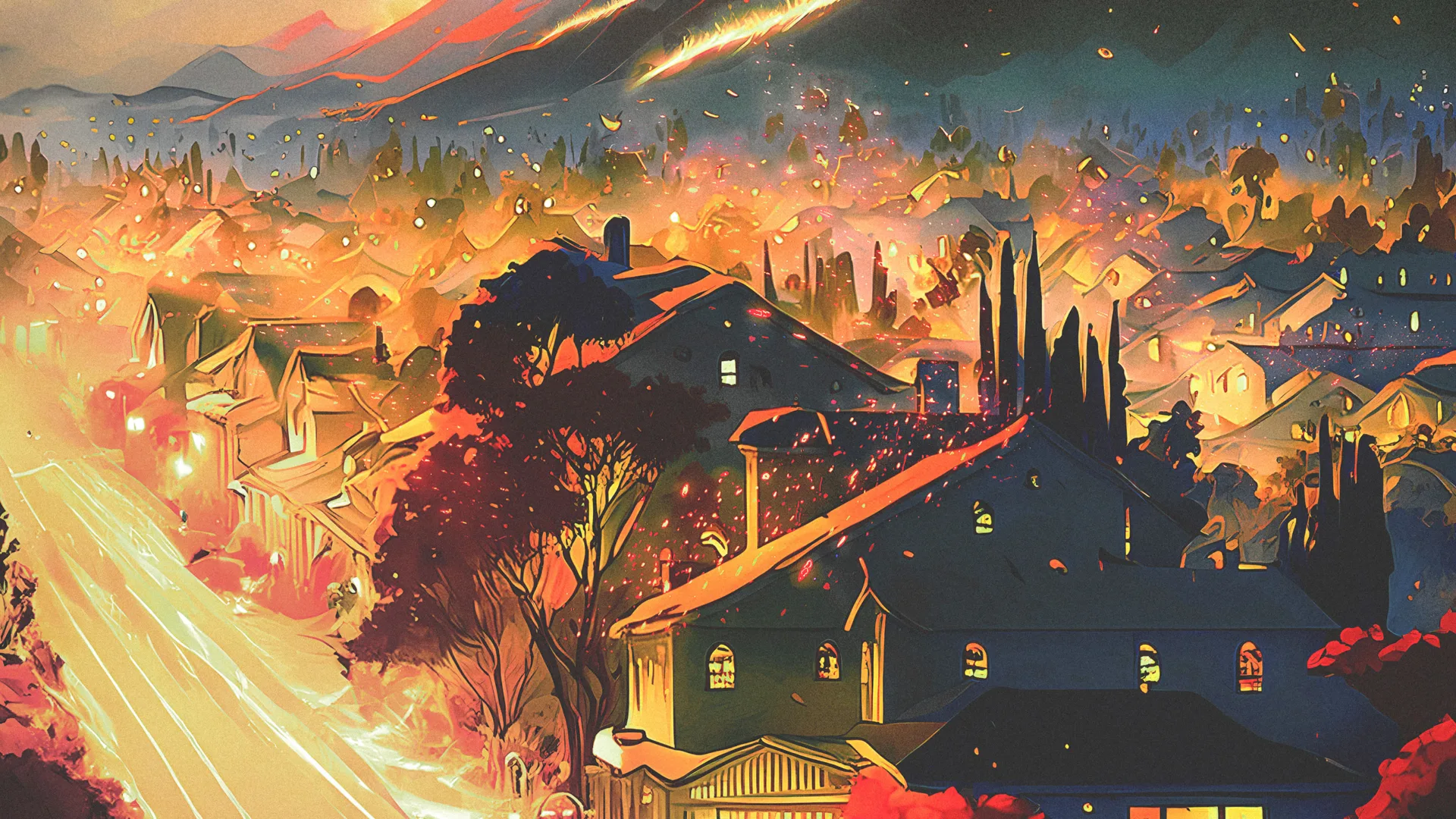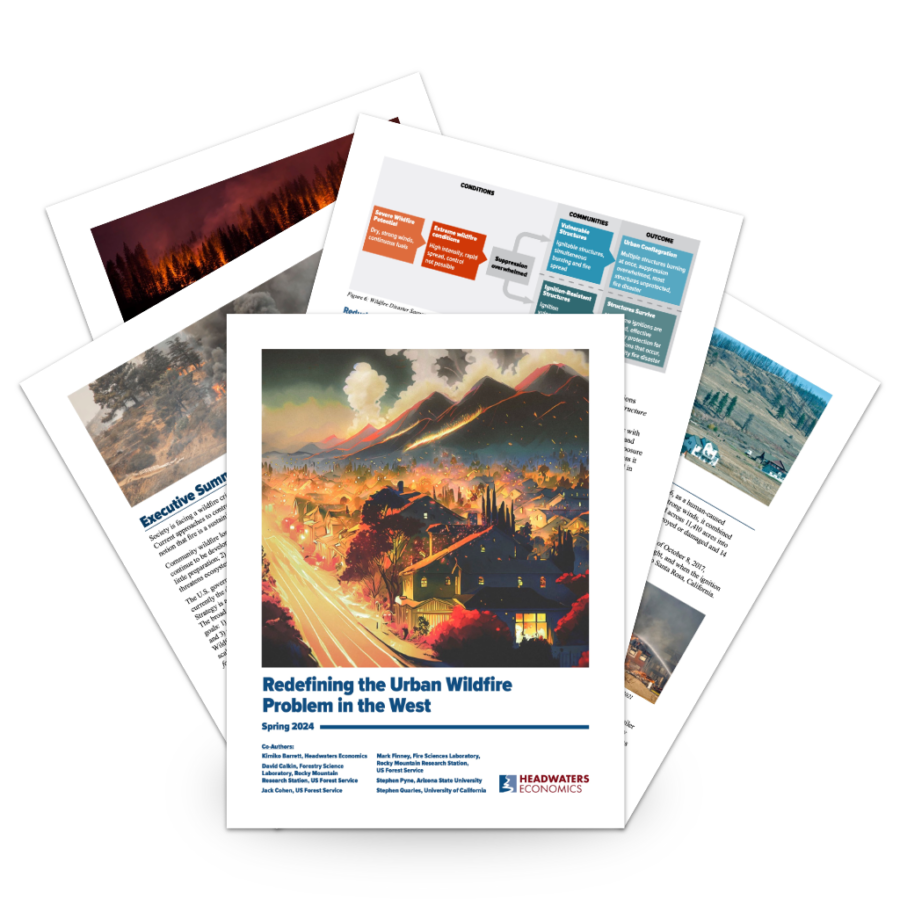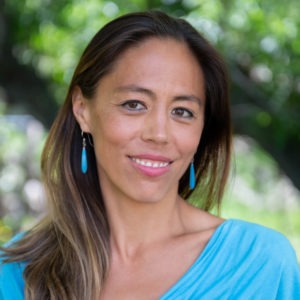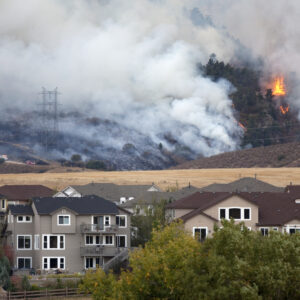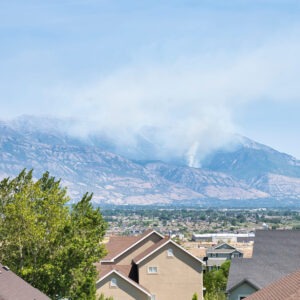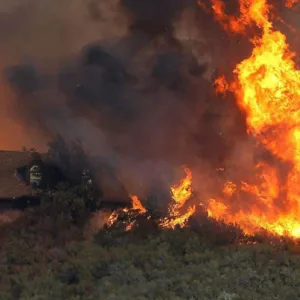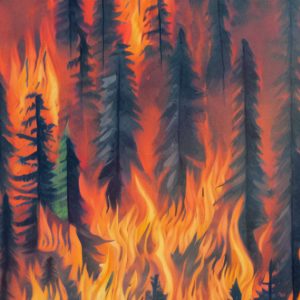As wildfire risks increase, more homes are being damaged and communities impacted. Fortunately, decades of research and post-fire analysis have provided useful lessons for a new path forward. That path starts by redefining how we look at the wildfire threat to our homes and neighborhoods.
To outline what an updated approach to wildfire would look like, Headwaters Economics brought together leading wildfire researchers to author a new white paper: “Redefining the Urban Wildfire Problem in the West.” Authors are Dr. Kimiko Barrett at Headwaters Economics; Dr. David Calkin and Dr. Mark Finney with the Fire Science Laboratory at the U.S. Forest Service’s Rocky Mountain Research Station; Dr. Jack Cohen, former researcher at the U.S. Forest Service; Dr. Stephen Pyne, emeritus professor at Arizona State University; and Dr. Stephen Quarles, emeritus professor at the University of California.
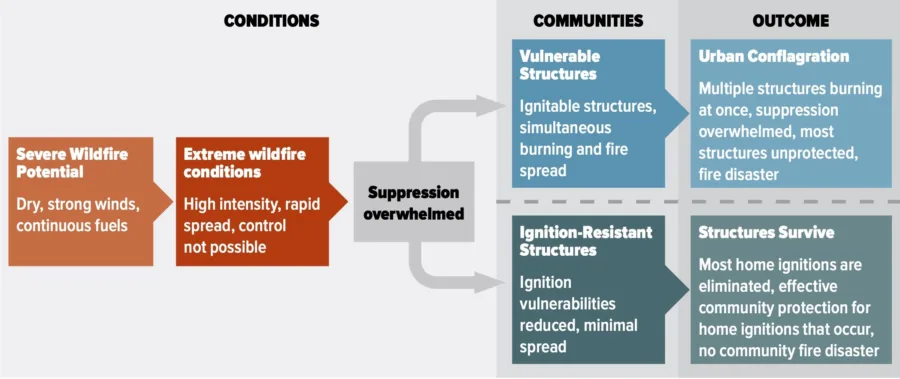
Subscribe to our newsletter!
These widely respected researchers call for an aggressive intervention to re-imagine the wildfire problem, as well as the solutions. They emphasize the need for an integrated approach to wildfire management that recognizes the ecological role of wildfire while also creating wildfire-resilient homes, neighborhoods, and communities.
Authors recommend stewarding landscape resiliency through increased use of beneficial fire, and prioritizing a focus on fire-adapted communities via a new interagency coordinating body with federal agencies that have expertise in hazard resiliency in the built environment. They also call for leadership to put momentum behind workforce development and community capacity. An overall shift is needed at all levels of our society, they assert, to recognize that we will have to live with wildfire in our wildlands but that does not mean we have to live with wildfire in our communities.
The findings of the paper have also been summarized in the Proceedings of the National Acadamies of Sciences (December 2023).
Acknowledgments
Headwaters Economics would like to thank the paper’s coauthors for their time and expertise:
- Dr. David Calkin, Research Forester, Fire Science Laboratory at the U.S. Forest Service’s Rocky Mountain Research Station
- Dr. Mark Finney, Research Forester, Fire Science Laboratory at the U.S. Forest Service’s Rocky Mountain Research Station
- Dr. Jack Cohen, former Research Physical Scientist, Fire Science Laboratory at the U.S. Forest Service’s Rocky Mountain Research Station
- Dr. Stephen Pyne, Emeritus Professor, Arizona State University
- Dr. Stephen Quarles, Emeritus Professor, University of California
